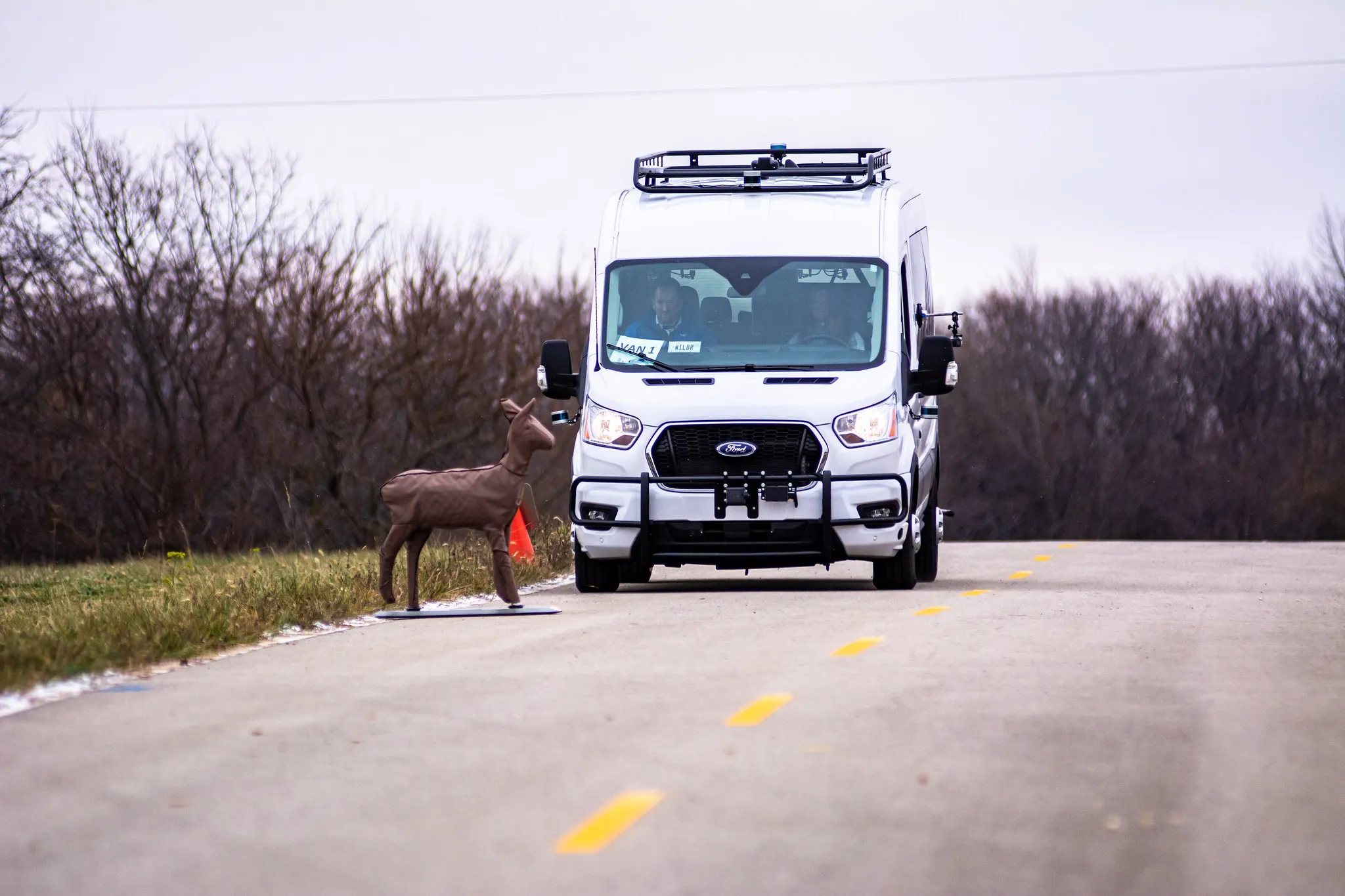More than 2,000 people have now taken part in Australia’s first driverless bus trial, the RAC Intellibus, since its launch by automobile club on public roads in South Perth, Western Australia.
RAC general manager for public policy, Anne Still, said the trial was one of the most progressive in the world and had generated a lot of public interest, with more than 6,000 people registered to take part in the trial.
So far, the RAC Intellibus has completed 357 trips and travelled 1,050 kilometres.
The fu
March 23, 2017
Read time: 1 min
More than 2,000 people have now taken part in Australia’s first driverless bus trial, the RAC Intellibus, since its launch by automobile club on public roads in South Perth, Western Australia.
RAC general manager for public policy, Anne Still, said the trial was one of the most progressive in the world and had generated a lot of public interest, with more than 6,000 people registered to take part in the trial.
So far, the RAC Intellibus has completed 357 trips and travelled 1,050 kilometres.
The fully electric and driverless bus has no steering wheel, driver’s seat, brake pads, pedals or accelerator. It uses light detection and ranging (LiDAR), stereovision cameras, GPS, odometry and autonomous emergency braking to detect and avoid obstacles and keep its precise geographic location.
RAC general manager for public policy, Anne Still, said the trial was one of the most progressive in the world and had generated a lot of public interest, with more than 6,000 people registered to take part in the trial.
So far, the RAC Intellibus has completed 357 trips and travelled 1,050 kilometres.
The fully electric and driverless bus has no steering wheel, driver’s seat, brake pads, pedals or accelerator. It uses light detection and ranging (LiDAR), stereovision cameras, GPS, odometry and autonomous emergency braking to detect and avoid obstacles and keep its precise geographic location.







